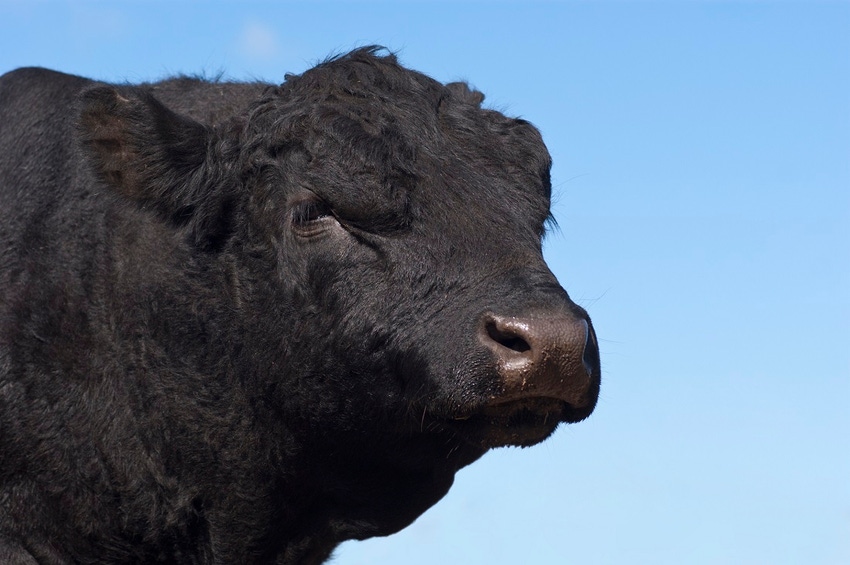
Decisions you make on breeding stock this time of year will impact your operation for years to come, says a Mississippi economist.
"The expected direction of the markets should play a major role in the budgeted price for new breeding stock purchases. Pay too much and that new animal will lose money over the course of its productive lifespan. Set the budget too low and you could go home empty handed," says Brian Williams, an agricultural economist at Mississippi State University.
Williams says you need to consider "all of the variables" when deciding what you'll pay for breeding stock.
Among the things he suggests you should consider are these:
1. What do I expect the markets to do over the next several years? This will affect your gross income, therefore increasing or decreasing your potential for net profit above real expenses.
2. What characteristics are most important to me and how much am I willing to pay for them?
Williams says you should realize each characteristic you select for has tradeoffs. Purchasing breeding stock with low birth weights or better calving ease EPD’s can reduce the chances of losing calves at birth, but low birth weights could also mean a smaller frame size or reduced weaning weights, he suggests. A large frame size will often be associated with larger weaning weights, but can also mean higher feed costs and worse calving ease EPD’s. Then you must decide how much are you willing to pay for the characteristics you have chosen?
3. How will those characteristics and the breeding stock I buy impact my costs and the prices I receive for my calves?
The costs of your decisions are the more difficult questions to answer, and your method of sales is a major factor in how much you get paid for "genetics." BEEF Editor Burt Rutherford addressed this issue in a blog about this time last year. Read it at this link.
If you would like to read more about what factors pay at the sale barn, this study on thousands of cattle moving through Arkansas sale barns from Beef Producer in 2013 provides potentially valuable information.
About the Author(s)
You May Also Like




